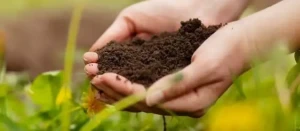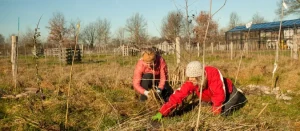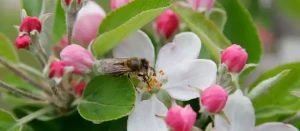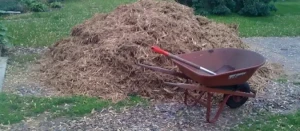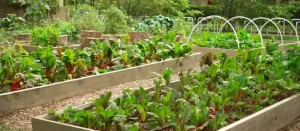SEARCH RESULTS > ARTICLES > thriving
As gardeners, we understand that healthy soil is the cornerstone of successful gardening. Regenerative gardening practices not only enhance soil fertility but also contribute to overall ecosystem health. By nurturing the soil, we can cultivate thriving gardens while minimizing environmental impact. Here are 10 regenerative gardening tips to help you boost soil health and vitality. Learn More
In the face of escalating climate change and environmental degradation, the urgency to adopt sustainable practices has never been more critical. Permaculture, a design system rooted in principles of sustainability, offers a promising pathway towards mitigating the adverse effects of climate change (people and companies destroying nature) and restoring ecological balance. Learn More
Learn why building guilds around your trees benefits your garden by fostering ecosystem health, promoting biodiversity, and enhancing soil fertility. Learn More
Electroculture gardening, an age-old practice gaining renewed attention, involves the application of electrical stimulation to enhance plant growth, health, and productivity. This innovative technique harnesses the power of electrical fields to optimize soil conditions and promote vibrant, resilient plants. Learn More
Benefits of Worms in Soil. Worms are invaluable to gardeners for various reasons. They enhance soil structure, increase nutrient availability, and promote microbial activity. One of their lesser-known benefits is their role in regulating soil pH. Learn More
Mulching is a fundamental practice in gardening that offers a multitude of benefits to both plants and soil. Whether you're a seasoned gardener or just starting out, understanding the principles and techniques of mulching can greatly enhance the health and beauty of your garden. Learn More
Gardening enthusiasts are always on the lookout for ways to enhance the health and vitality of their plants. One often overlooked but crucial player in the world beneath the soil is Mycorrhizal fungi. These remarkable fungi form a symbiotic relationship with plants, contributing significantly to soil health and overall plant well-being. Learn More
Gardening enthusiasts are increasingly turning to sustainable and environmentally-friendly practices, and one such method gaining popularity is no-till gardening. No-till gardening is a technique that eliminates or minimizes soil disturbance, promoting healthier soil and more robust plant growth. In this comprehensive guide, we will explore the principles and techniques of creating a successful no-till garden. Learn More
